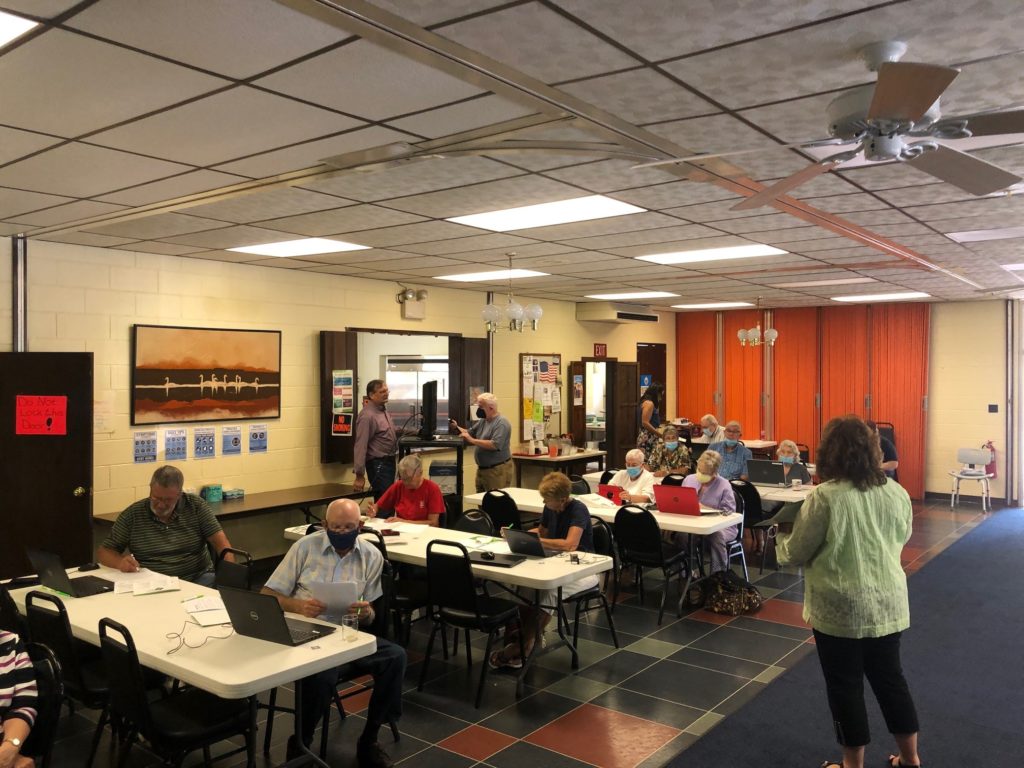
An electric cooperative in north-central Pennsylvania that has found a way to get older members online with help from tech-savvy teen volunteers is being recognized by the Federal Communications Commission for its contribution to bridging the digital divide.
The FCC will formally recognize Tri-Co Connections LLC, the broadband subsidiary of Mansfield-based Tri-County REC, as a Digital Opportunity Equity Recognition honoree in a virtual reception in October.
Tri-Co Connections is the only electric co-op among the FCC’s inaugural recipient class of 22 individuals, organizations and corporations.
FCC Commissioner Geoffrey Starks formed the DOER program, spurred in part by the COVID-19 pandemic, to “acknowledge the tireless efforts of Americans working to close the digital divide in communities without access to affordable, reliable broadband.”
“From rural areas to urban corridors, students to seniors, to say this year’s DOER honorees are a stellar group is an understatement,” Starks said in announcing the honorees Sept. 14.
Tri-Co Connections is being hailed for its Senior2Senior program, which delivers free eight-week computer literacy courses to older members, some of whom have never owned a computer. Local high schoolers, with staff from social agencies on hand, provide instruction at four area senior centers.
About 40 older members went through the program in late 2019 before it was interrupted by the pandemic earlier this year. One class recently resumed with social distancing.
“The FCC has made great strides in helping bridge the digital divide in rural areas, and to be recognized and receive this award from them is a real honor,” said Craig Eccher, president and CEO of Tri-Co and Tri-Co Connections.
“With our sprawling rural service territory, harsh winters, and long commutes to services and retail centers, high-speed internet can provide seniors a means of staying connected from the comfort of their homes 24/7.
“And with the nation in the grip of a pandemic, reliable online access has become even more critical to the elderly population in our rural areas.”
Bill Gerski, Tri-Co Connections senior vice president for business development and the lead creator of Seniors2Seniors, said the pandemic has amplified the need for older people to have internet access and learn computer skills for things like keeping in touch with family and friends, paying bills and accessing medical services.
“Seniors are the most vulnerable to COVID-19,” he said. “If they don’t have a computer to gain access to the outside world, it’s pretty lonely.”
Cathy Cash is a staff writer at NRECA.